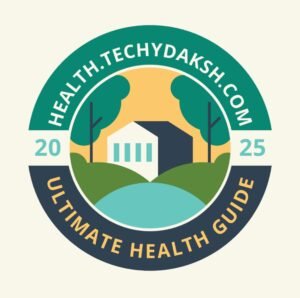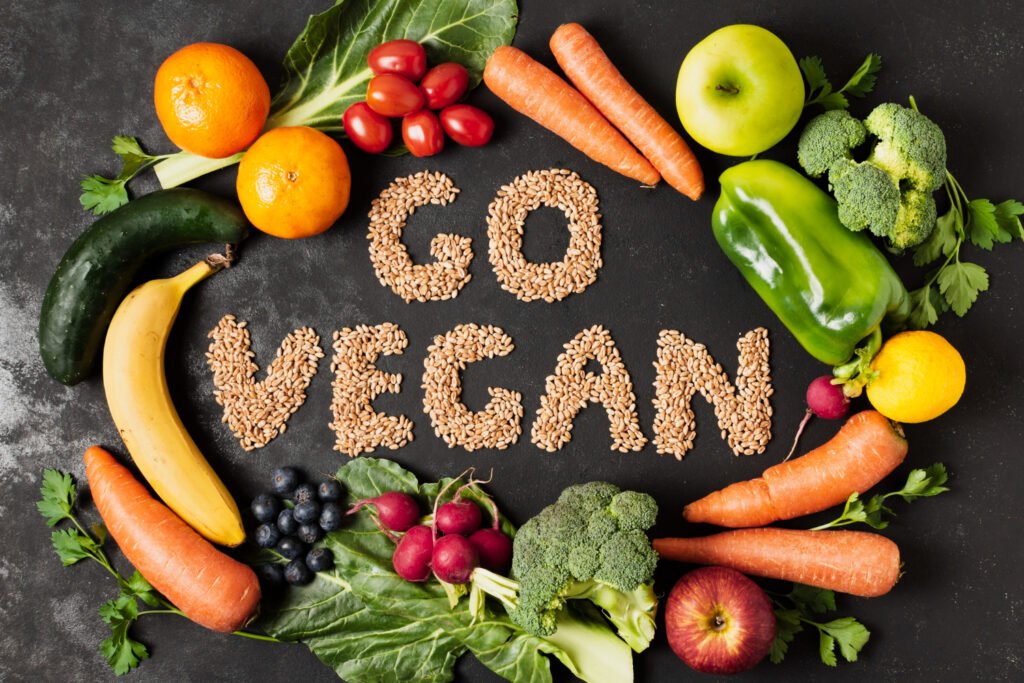The Cost Factor: Vegetarian or Vegan? Which Option is Best in Budget
Many people assume that cutting out all animal products and going fully vegan would be more expensive due to the cost of plant-based alternatives. However, others argue that a vegetarian diet, which includes dairy and eggs, might lead to higher grocery bills due to the rising costs of these animal-derived products. This article will explore various aspects of both diets, including grocery expenses, dining out, nutritional costs, and long-term health benefits, to determine which is more affordable.
Vegetarian vs. Vegan: Which Diet Saves You More Money?

Grocery Costs: Whole Foods vs. Processed Alternatives
Food choices are among the biggest factors influencing the cost of a vegetarian or vegan diet. Both diets primarily rely on plant-based foods, but the inclusion or exclusion of dairy and eggs plays a significant role in the overall cost.
Staples of a Vegetarian or Vegan Diet
Both diets consist of essential plant-based staples such as:
- Whole grains (rice, quinoa, oats, whole wheat products)
- Legumes (lentils, beans, chickpeas, peas)
- Vegetables and fruits
- Nuts and seeds
The main difference is that vegetarians incorporate dairy (milk, cheese, yogurt) and eggs, while vegans replace these with plant-based alternatives like almond or soy milk, vegan cheese, and egg substitutes.
Comparing Costs of Dairy and Eggs vs. Vegan Alternatives
Dairy and eggs are often perceived as affordable sources of protein and nutrients. However, in recent years, the cost of dairy products has risen due to factors like supply chain disruptions and increased demand for organic and ethically sourced products. Free-range or organic eggs and dairy can be particularly expensive.
On the other hand, plant-based milk (such as almond, soy, oat, or cashew milk) and vegan cheese can also be pricey. However, these costs vary depending on the brand and whether they are store-bought or homemade. For example, making oat milk at home can be significantly cheaper than purchasing dairy milk, whereas processed vegan cheese may be more expensive than regular cheese.
Protein Sources: Comparing Costs
Vegetarians get their protein from eggs, dairy, beans, lentils, tofu, and nuts. Eggs, in particular, are a cost-effective and widely available protein source.
Vegans rely on beans, lentils, quinoa, tofu, tempeh, seitan, and nuts. Plant-based protein sources like lentils and beans are some of the most affordable protein options available, making a whole-foods-based vegan diet potentially cheaper than one that includes expensive dairy and eggs.
Vegetarian or Vegan Dining Out: Affordability and Availability

Eating out as a vegetarian is usually easier and more budget-friendly than eating out as a vegan. Many restaurants have vegetarian options like pasta, cheese-based dishes, and egg-based meals. Even fast-food chains offer vegetarian meals at reasonable prices.
Vegan dining, however, can sometimes be more expensive. Since plant-based substitutes like Beyond Meat and Impossible Burgers are often priced higher than traditional meat-based or vegetarian options, vegan meals at restaurants can cost more. Additionally, some restaurants charge extra for plant-based milk in coffee or offer fewer budget-friendly vegan options.
However, as veganism gains popularity, more affordable vegan meal options are emerging in restaurants, making it easier to dine out without breaking the bank.
The Hidden Cost: Vegetarian or Vegan
A well-balanced vegetarian or vegan diet can be nutritionally adequate, but there are certain nutrients that require attention. These considerations can impact overall costs, especially if supplementation is necessary.
Vitamin B12
B12 is found naturally in animal products, including dairy and eggs. Vegetarians usually get enough from their diet, while vegans need to rely on fortified foods or supplements. B12 supplements are relatively inexpensive, but they do add a recurring cost that vegetarians may not need.
Omega-3 Fatty Acids
Vegetarians can get omega-3s from eggs and dairy, while vegans need to consume flaxseeds, chia seeds, walnuts, or algae-based omega-3 supplements. Algae-based supplements can be more expensive than traditional fish oil capsules.
Iron and Zinc
Both vegetarians and vegans must ensure adequate iron and zinc intake. Plant-based sources like beans, lentils, nuts, and whole grains are rich in these minerals, but absorption can be lower than from animal products. Including vitamin C-rich foods can help improve absorption without needing supplements.
Long-Term Health Costs: Savings from a Plant-Based Diet

A vegetarian or vegan diet, when balanced, can contribute to significant long-term health benefits, reducing the risk of chronic diseases such as:
- Heart disease
- Type 2 diabetes
- High blood pressure
- Obesity
Lower healthcare costs in the future can be a significant financial advantage. Both diets can be beneficial, but a vegan diet has been linked to even lower cholesterol and blood pressure levels compared to a vegetarian diet due to the elimination of dairy and eggs.
Vegetarian or Vegan Budget-Friendly Tips for Both Diets
Regardless of whether you choose a vegetarian or vegan diet, here are some tips to keep costs low:
- Buy in Bulk – Stock up on grains, beans, and nuts from bulk bins to save money.
- Cook at Home – Preparing meals at home is always cheaper than eating out.
- Opt for Seasonal Produce – Buying fruits and vegetables in season lowers costs.
- Limit Processed Foods – Vegan substitutes like plant-based meats and dairy alternatives can be expensive. Focusing on whole foods reduces costs.
- Make Your Alternatives – Homemade oat milk, nut butter, and veggie burgers are often cheaper than store-bought versions.
- Use Coupons and Discounts – Many stores offer deals on plant-based products.
Vegetarian or Vegan: Which Diet is More Affordable?
The affordability of a vegetarian or vegan diet ultimately depends on individual food choices.
- Cheaper Diet: A whole-foods-based vegan diet focusing on grains, legumes, and seasonal vegetables is often cheaper than a vegetarian diet that includes dairy and eggs.
- More Expensive Diet: A processed-food-heavy vegan diet with plant-based meats and dairy alternatives can be more costly than a vegetarian diet that relies on affordable eggs and dairy.
Both vegetarian and vegan diets can be cost-effective or expensive depending on how they are structured. A well-planned vegan diet centered on whole, minimally processed foods can be one of the most affordable and nutritious ways to eat. On the other hand, a vegetarian diet with a reliance on organic dairy and eggs might be more costly. Ultimately, your budget, nutritional preferences, and ethical considerations will determine which diet is best for you.

